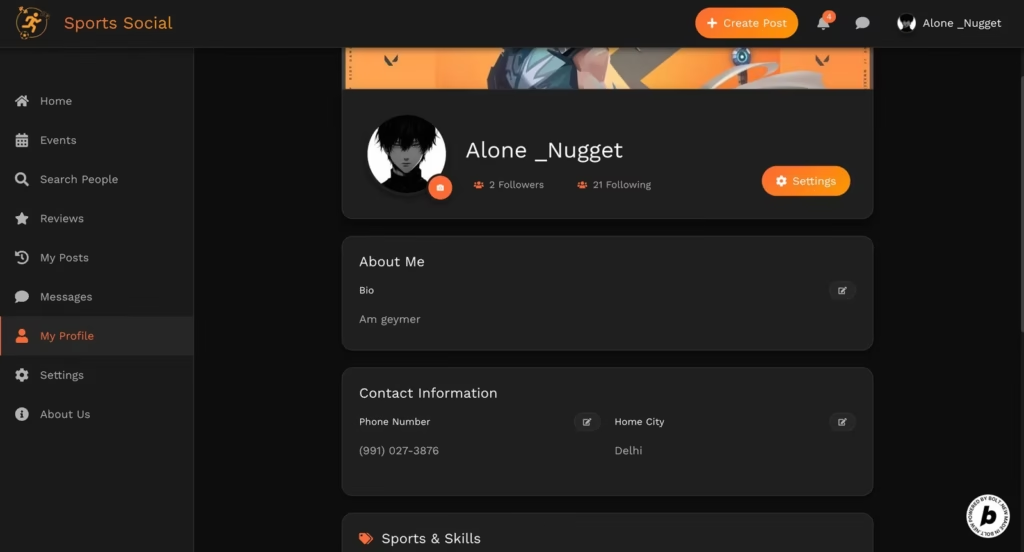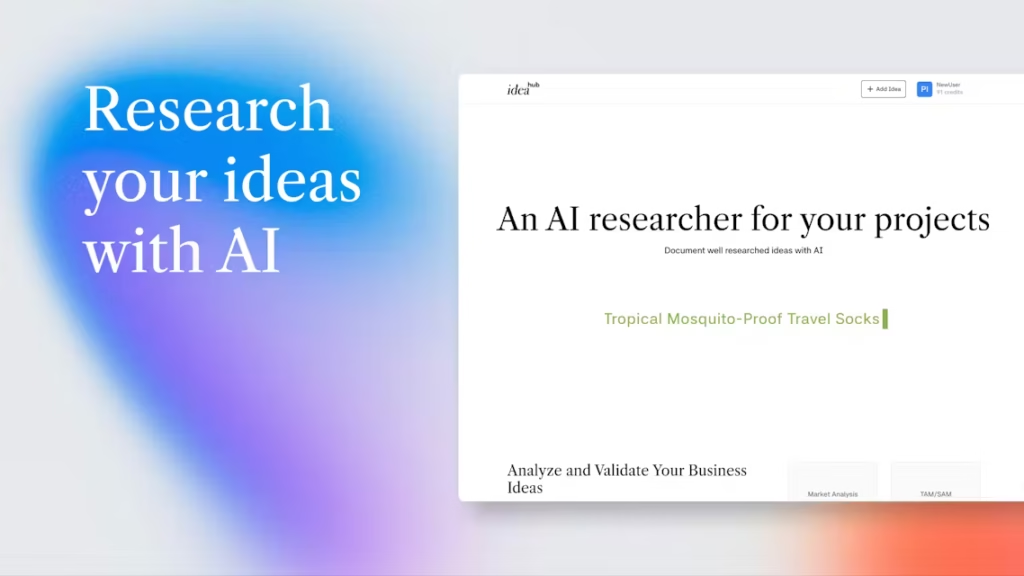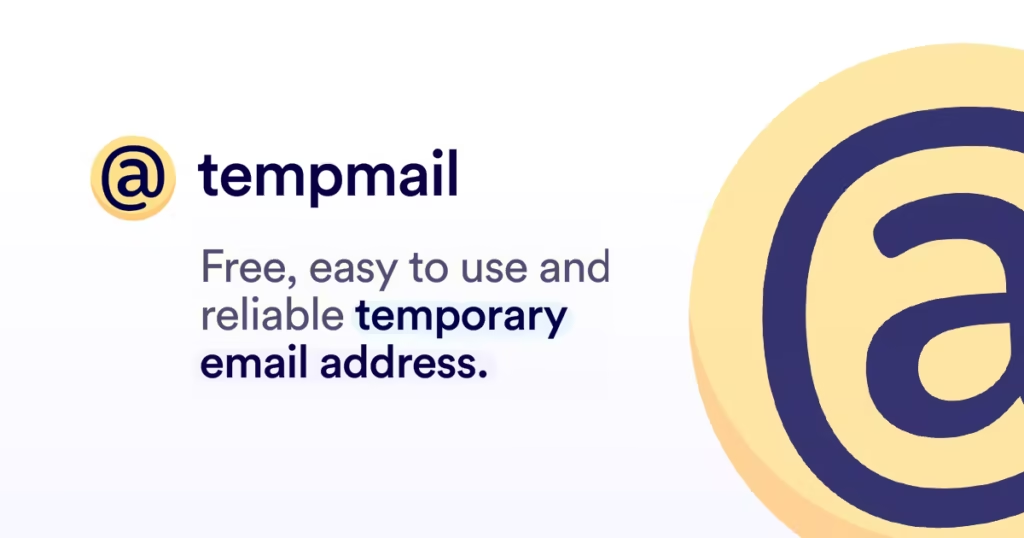Executive Summary
Bitchat is a decentralized messaging app launched by Jack Dorsey in July 2025 that enables communication without internet or cellular networks. Instead, it uses Bluetooth Low Energy (BLE) mesh networking, allowing messages to hop between nearby devices up to 984 feet (300 meters) in optimal conditions. With end-to-end encryption and no phone number requirement, Bitchat prioritizes privacy and censorship resistance. Early TestFlight users report strong demand, though performance depends on user density. More on its launch here.
Key Features Analysis
Decentralized Messaging via Bluetooth Mesh
Unlike WhatsApp or Signal, Bitchat doesn’t rely on internet connectivity. Instead, messages travel via nearby devices in a peer-to-peer network. This makes it ideal for protests, festivals, or disasters where traditional networks fail.
Privacy-First Design
The app uses X25519 key exchange and AES-256 encryption, ensuring only intended recipients read messages. No phone number or registration is required, and personal data is never collected.
Emergency Wipe & Cover Traffic
A triple-tap feature erases all data instantly, while dummy messages and random delays prevent surveillance tracking.
Learn more about Bitchat’s encryption.
User Feedback Summary
Pros
- Easy setup—no account or SIM required.
- Works well in crowded areas (festivals, protests).
- Minimal battery drain compared to older mesh apps.
Cons
- Latency can be high (messages take seconds to minutes).
- iOS-only for now; Android version pending.
- Performance drops in low-density areas.
Performance Analysis
Range & Reliability
In ideal conditions, direct device-to-device range is about 30 meters. With dense user participation, messages can relay up to 300m, but walls and interference reduce effectiveness.
Speed
Messages aren’t instant—each hop adds latency. In tests, relayed messages took 20–30 seconds in busy environments.
Battery Life
BLE mesh is efficient. Beta testers report 4–8% battery drain per hour with active use.
Pricing Analysis
Bitchat is currently free during its beta phase. No ads or tracking are present. Future monetization plans are unclear, but Jack Dorsey has hinted at keeping it open-source and community-supported.
Frequently Asked Questions (FAQs)
1. Does Bitchat work without Bluetooth?
No—BLE mesh is essential for relaying messages.
2. Is it truly anonymous?
Yes, if used cautiously (no personal info shared).
3. Can messages be intercepted?
Unlikely—end-to-end encryption protects content.
4. When will Android support arrive?
No official date yet, but development is underway.
5. How many users are needed for reliable messaging?
At least several nearby for multi-hop relay.
6. Is there a message size limit?
Beta tests suggest short texts work best; media may come later.
7. Can governments block Bitchat?
Hard to censor—no central servers exist.
8. Does it work in rural areas?
Only if other users are within ~30m.
9. Is battery drain a concern?
Minimal compared to older mesh apps.
10. Who’s behind Bitchat?
Jack Dorsey’s team, building on Bitcoin’s decentralized ethos.
Final Verdict
Pros
- No internet or SIM required.
- Strong encryption and anonymity.
- Low battery consumption.
Cons
- Performance depends on user density.
- iOS-only for now.
- Slower than traditional messaging.
Ideal For: Privacy-conscious users, protesters, festival-goers, or those in areas with spotty internet. If you need reliability in low-density areas, wait for improvements. For now, it’s a promising but niche tool.



